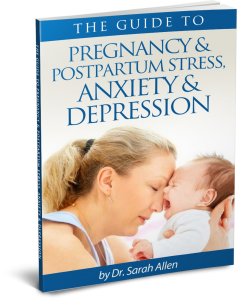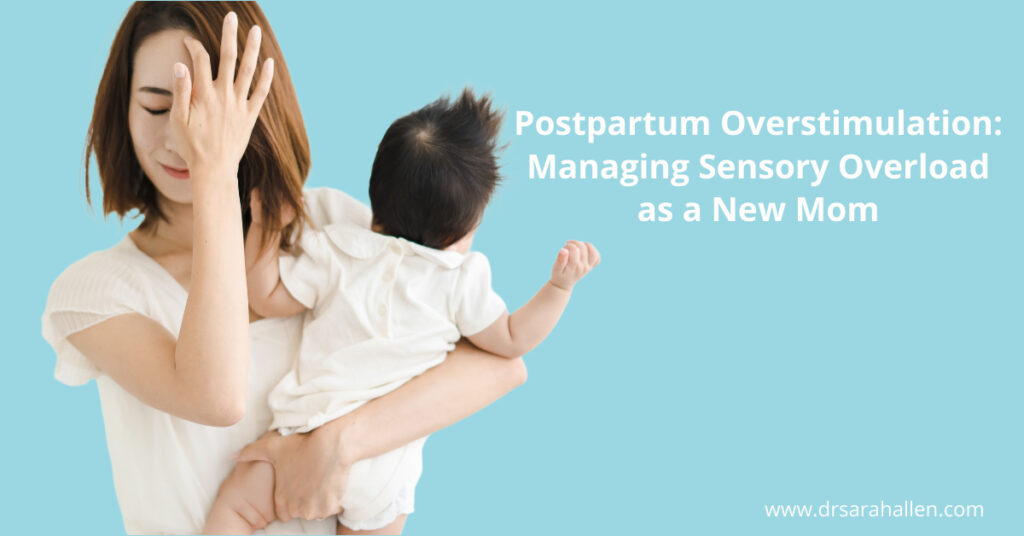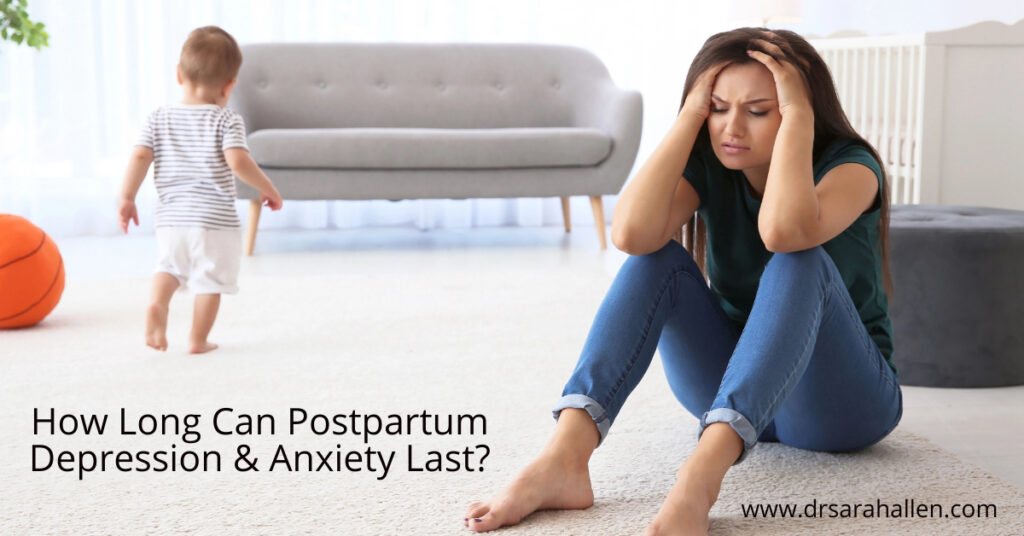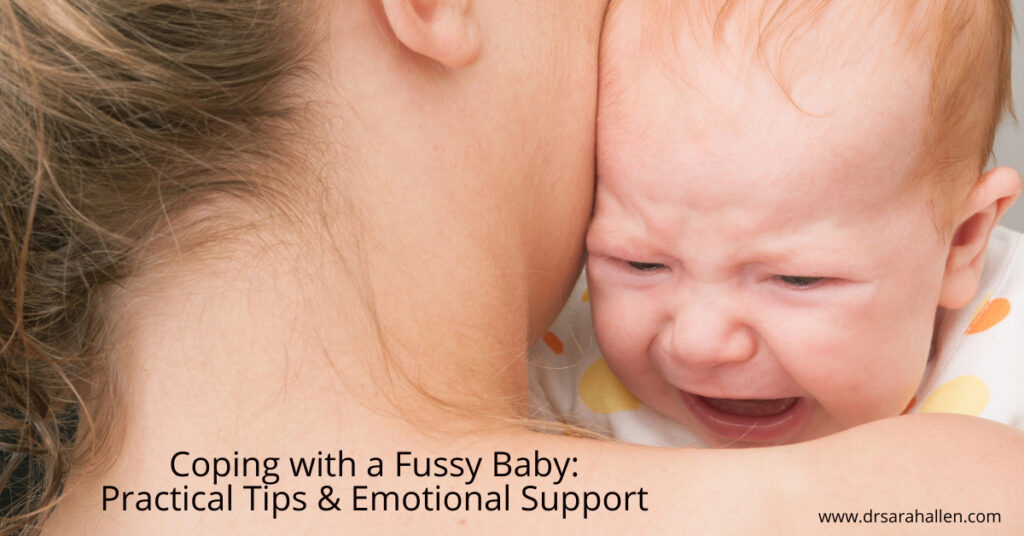
Having a baby is a huge life transition and for approximately 1 in 7 women it can lead to them experiencing anxiety and/or depression. Less commonly, difficult childbirth can trigger post traumatic stress symptoms (PTSD) for approximately 6% of women and 3-5% of new moms experience obsessive-compulsive (OCD) symptoms.
(Read more about the different types of postpartum mood disorders here Is It Postpartum Depression Or Something Else?)
Despite these statistics, many women do not tell anyone how they are feeling because of overwhelming feelings of guilt and/or believing they are alone in feeling this way. So even if your friend or family member appears to be coping just fine, please offer some practical and emotional support as you can’t really tell what is going on inside of someone’s head.
If you are worried about your her, tread gently and follow these tips.
How To Successfully Offer Practical Help
I know you are wanting to help, that’s why you are reading this article but don’t fall into the trap of saying “just let me know how I can help!” You’ll offer will probably not be taken up on because many women, especially women who are struggling with postpartum mood disorders, don’t like to ask for help.
I have heard many of my clients say that they see needing help as some sort of mom failure. Moms are expected to be able to do this. Look around, these other moms are coping just fine. Of course, a lot of moms aren’t coping just fine, they just aren’t telling anyone. Accepting help and challenging the idea that all the other moms can do it all are some of the first things I work on with new moms but in the meantime, if you want to help, be persistent in your offers of help.
Be Specific
Don’t leave an offer of help open-ended, be more specific. Perhaps share what help you really appreciated when you had your baby or give her a forced choice; would you like me to sit and hold the baby this afternoon while you do something or you sit and hold him and chat to me while I fold the baby’s laundry? There’s always baby laundry to do!
Sit With Her
It can be very isolating being at home with a baby and a depressed mom often finds it difficult to get up the effort to socialize so a low key, one on one chat, can be very supportive. Just having another person there, especially if she is feeling anxious about being alone with the baby can be helpful, if you can.
Of course be mindful of her needing alone time too so not staying longer than wanted. Have her set the time she needs company for.
Hang Out With Her Older Child
If this is a second baby, moms don’t get the same opportunity to rest or get things done when the baby naps as they perhaps did with their first baby so offering to take her older one can be a big help. If you have a similar age child, frame it as helping you out too to have a playmate for your child, as this can help lessen her possible mom guilt.
Give Her Alone Time
Once she feels comfortable leaving her baby for a while, offer to stay with the baby while she does something for herself or maybe with her older child if she has one as her time to focus on the older one is limited when a baby comes along. Lots of moms feel guilty wanting to have some time to themselves. You can look after a baby best when you are not so depleted so allow her some time to fill up her emotional and physical reservoir. We have more energy to look after our loved ones when we take a little time to care for ourselves. Self-care means different things to different people so ask her what she would like to do with a couple of hours to herself.
Emotional Support Is Just As Important
Encourage Her To Talk
First of all encourage your friend to talk about how she feels without judgement or advice. Women often don’t need a fix but to just be listened to so they can process how they feel about the transition. If you have a child, normalizing her experience by talking about what you found hard too can help as long as you don’t turn it round to be all about your own experience.
Validate The Things She Does Well
When someone is not coping they tend to focus on all the things they feel they have done badly and tend to ignore the things they are doing well. Validate her efforts and remind her of all the things she has accomplished that day in the course of caring and seeing to her child. Point out how well the baby is thriving and how s/he just smiled at her. Acknowledge how difficult it is to manage on broken sleep and be responsible for a baby.
Let Her Know She Is Not Alone
Just letting her know you are right there with her and will give her whatever support she needs will be a huge comfort. Next do a little research on her behalf and send her links to websites that talk about how common it is to for new moms to experience postpartum anxiety and/or depression (about 1 in 7 women remember).
As well as being a therapist in private practice offering counseling to moms, I am the director of the Postpartum Depression Alliance of IL. Our website www.PPDil.org provides information and email and phone support from volunteers so if you didn’t go through a postpartum mood disorder yourself and feel out of your depth, giving her the information of people who have been through it themselves and know how to help can be very useful.
The PPD Alliance of IL serves Illinois families but Postpartum Support International www.postpartum.net lists similar resources to ours across most of the states. Of course we don’t turn anyone away and will offer support to all women who contact us and then link you up with your own state to find local support groups and professionals.
Help Her Access Professional Support
If she experiences depression and/or anxiety for more than two weeks find professional help for her. Women recover more quickly the sooner they access professional help.
Another way to offer support, which I think is both practical and emotional, is to call ahead to all of the mental health professionals that are in your area that help women with postpartum mood disorders and do the leg work which many new moms feel too overwhelmed to do.
Get details of location, cost and also ask the professionals about their specialist training in postpartum mood disorders, how many years that have been treating women and how many patients they have actually treated. Many therapists now say they treat this but their experience and training differs widely from years of experience and training to completing a weekend course and only having seen a few women so far. Any therapist who minds you asking isn’t someone you’d want to see.
Offer to drive your friend to her therapy appointment, and sit in the waiting area with the baby so she can be near the baby (especially important if she is anxious) but not distracted so she can really talk.
My own therapy practice is based in Northbrook, IL and I do offer remote counseling by phone and video sessions to women across Illinois and Florida who are seeking help but live too far away to drive to my office https://drsarahallen.com/telephone-online-sessions/

If you would like to read more of my Pregnancy & Postpartum related articles please click Dr. Allen’s Pregnancy & Postpartum Blog

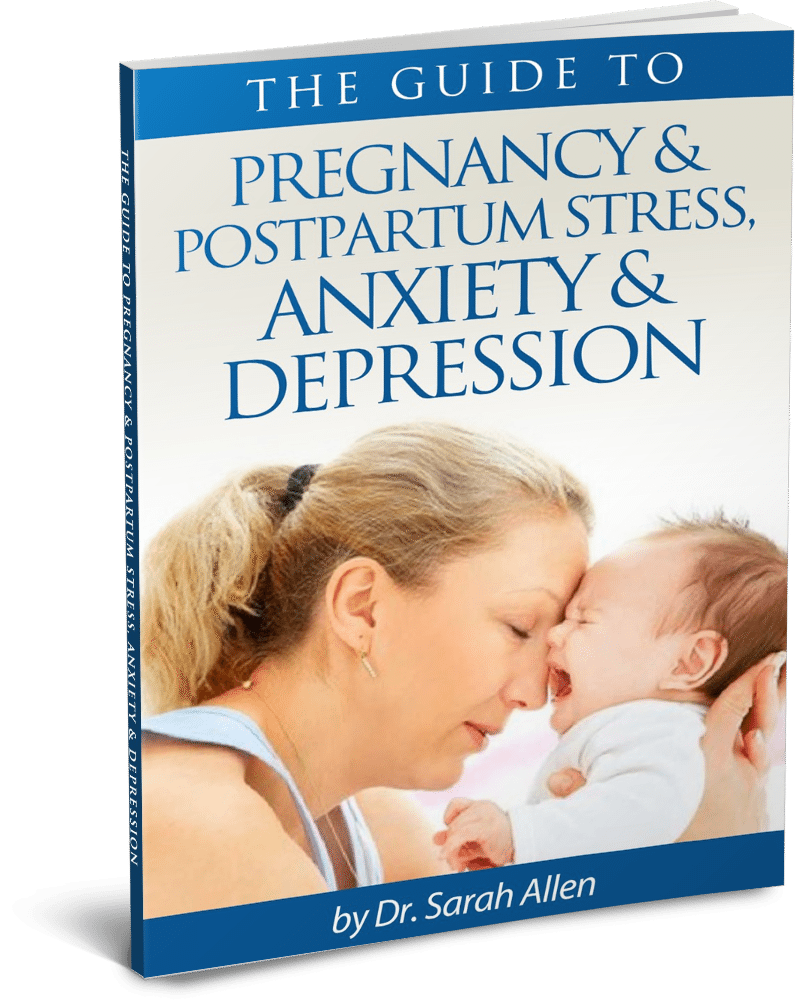
If you want to read more about maternal mental health download the FREE Guide To Pregnancy & Postpartum Stress, Anxiety & Depression. It is full of information about symptoms, different types of maternal mood disorders and advice about what to do to start feeling like yourself again.
Dr. Sarah Allen has 25+ years experience helping women transition to being the mom they want to be. She is also the Director of the Postpartum Depression Alliance of IL, a non-profit offering info and support to pregnant and postpartum moms and their families.
Dr. Allen offers appointments via telephone or online counseling which are the most convenient way for you to access support and help.
If you have questions after reading this article or the Guide To Pregnancy & Postpartum Stress, Anxiety & Depression or have any questions about how counseling can be useful to your particular circumstances please contact me at 847 791-7722 or on the form below.
If you would like to read my blog posts of a variety of topics such as Anxiety, Depression, Parenting, Emotional Eating and Couples & Family Counseling click Dr. Allen’s Blog and then go to the relevant section that interests you.
If you found this information helpful please share!

Dr. Sarah Allen has 25+ years of experience in private practice helping women to transition to being the mom they want to be. She is the Founding Director of the statewide non-profit Postpartum Depression Alliance of IL. She also specializes in pregnancy loss & infertility & has published research on postpartum depression and traumatic childbirth.
If you would like to work with Sarah, please phone her at 847 791-7722 or on the form below.
If you would like to read more about me and my areas of specialty, please visit Dr. Sarah Allen Bio. Dr. Allen’s professional license only allows her to work with clients who live in IL, FL & the UK and unfortunately does not allow her to give personalized advice via email to people who are not her clients.
Dr. Allen sees clients in person in her Northbrook, IL office or remotely via video or phone.

What Can I Read That Helps Me While I Am Waiting For My First Appointment With Sarah?
If you feel that you may be experiencing pregnancy or postpartum mood disorder, or worry that you may be at risk of developing it, please download my free booklets below.
See each specific webpage to download one or many.

